Publications
Articles, publications, books, tools and multimedia features from the U.S. Institute of Peace provide the latest news, analysis, research findings, practitioner guides and reports, all related to the conflict zones and issues that are at the center of the Institute’s work to prevent and reduce violent conflict.
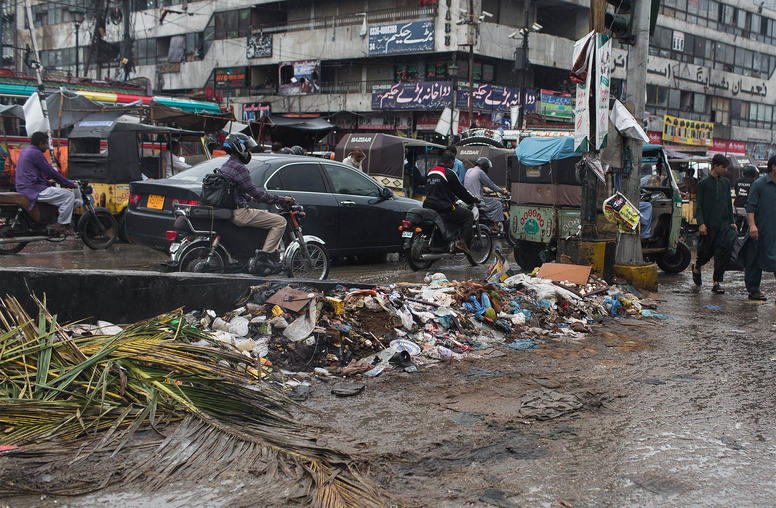
In Karachi, Flooding Lays Bare City’s Governance Issues
Many parts of Pakistan have always struggled with flooding, especially over the last decade, due in part to climate change as weather events have become more extreme. But for Pakistan’s largest city Karachi, August saw immense rainfall—breaking all previous records in the past century—and widespread flooding that brought the city to a standstill. USIP’s Jumaina Siddiqui and Cyril Almeida look at why Karachi’s flooding situation is so dire, how contentious political dynamics have impeded governance reforms in the city, and what can be done to prevent future humanitarian disasters.
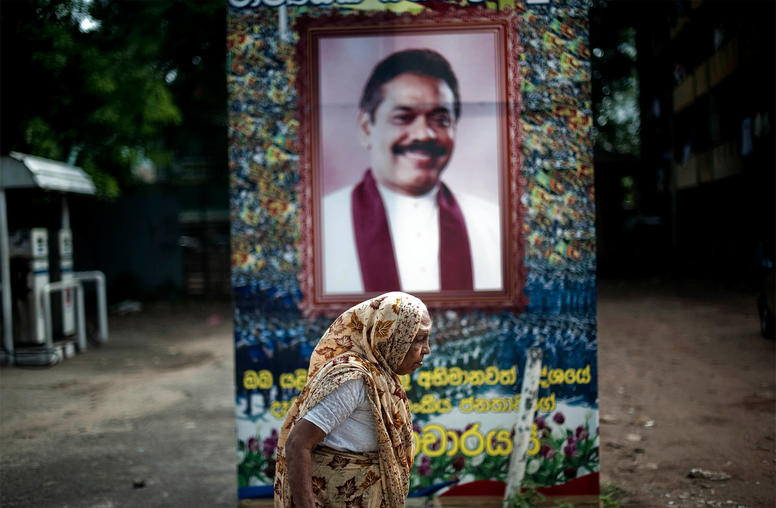
Sri Lanka’s Election Helps Cement the Rajapaksas’ Return to Power
The Sri Lanka People's Front (SLPP) gained a parliamentary supermajority earlier this month in what was the first major election held in South Asia since the coronavirus pandemic began. The results solidified the political power of Prime Minister Mahinda Rajapaksa and his brother, President Gotabaya Rajapaksa, who had dissolved the previous parliament shortly after he was elected last year. USIP’s Jumaina Siddiqui, Tamanna Salikuddin and Vikram Singh look at whether the polls were free and fair, what the landslide victory means for Sri Lanka as the country continues its recovery from civil war, and how the election impacts South Asia.
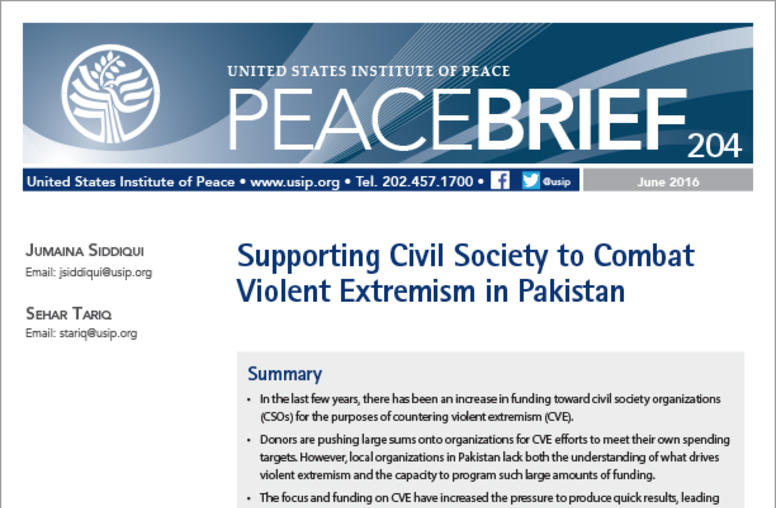
Supporting Civil Society to Combat Violent Extremism in Pakistan
In the past few years, there has been an increase in funding for civil society organizations for the goal of countering violent extremism (CVE). While donors are investing large sums for CVE efforts, in Pakistan, local organizations often lack the technical capacity to understand the nature of violent extremism as well as how to utilize such large amounts of money. This brief discusses the challenges to implementing CVE programs and provides recommendations for how stakeholders can overcome t...
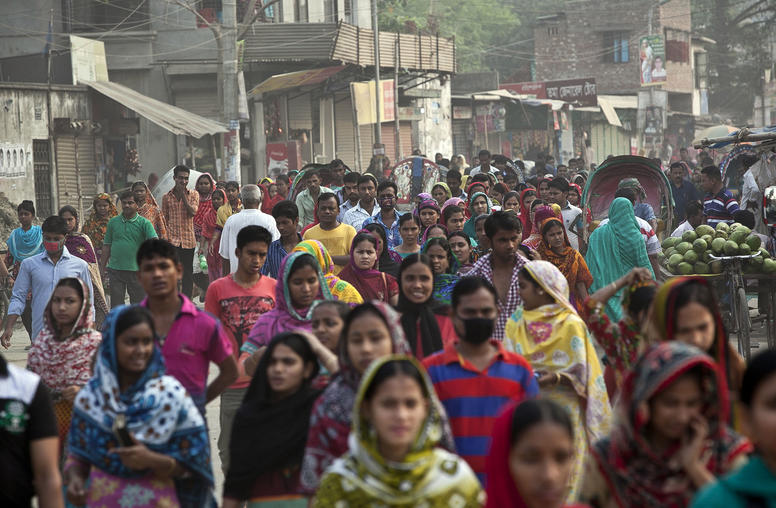
Bangladesh’s Balancing Act Amid the U.S. Indo-Pacific Strategy
As the Biden administration implements its new Indo-Pacific strategy, Bangladesh’s relationships with neighboring India and China are drawing renewed interest from U.S. policymakers. U.S. Undersecretary for Political Affairs Victoria Nuland visited Dhaka in late March and signed a draft defense cooperation agreement; last year, Special President Envoy for Climate John Kerry also went to Dhaka in advance of the Leaders’ Summit on Climate. At the same time, Washington retains concerns over democratic backsliding, human rights abuses and constraints on free and open electoral competition in the country. Experts Anu Anwar, Geoffrey Macdonald, Daniel Markey and Jumaina Siddiqui assess the factors shaping Bangladesh’s relations with its neighbors and the United States.
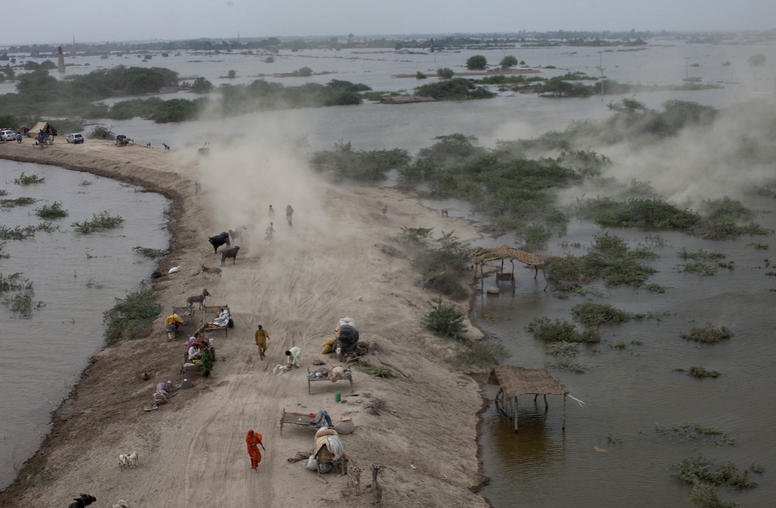
Pakistan’s Deadly Floods Come Amid Deluge of Crises
After experiencing its hottest months in 61 years in April and May, Pakistan has been hit by a “monsoon season on steroids,” according to U.N. chief Antonio Guterres. Pakistan has long been considered one of the most vulnerable countries to climate change in the world. Despite a history of intense floods, the country was ill-prepared for this year’s monsoon season. Intractable political and economic crises have hampered Pakistan’s capacity to address the ongoing fallout, particularly the worsening humanitarian crisis.
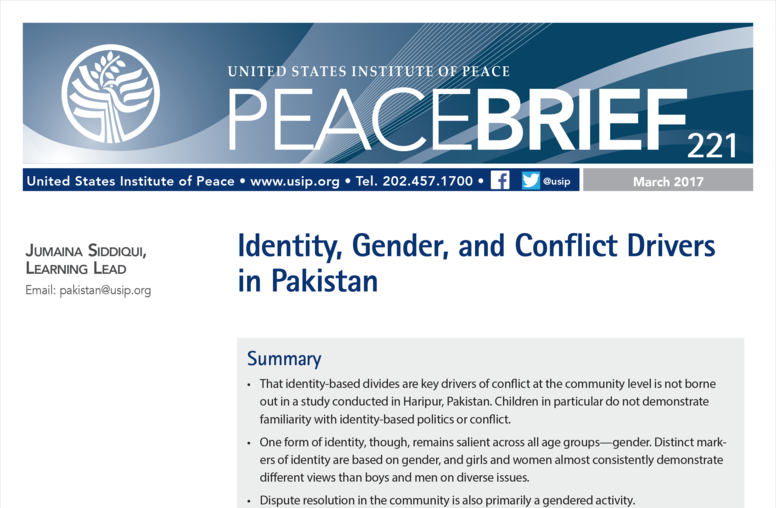
Identity, Gender, and Conflict Drivers in Pakistan
Based on a study conducted in the Pakistani town of Haripur that investigated children’s attitudes toward identity, this Peace Brief finds that identity-based divides are in fact not the primary drivers of conflict at the community level, but notes the continuing salience of gender identity, which produces differing social expectations and differing understandings of conflict resolution roles.
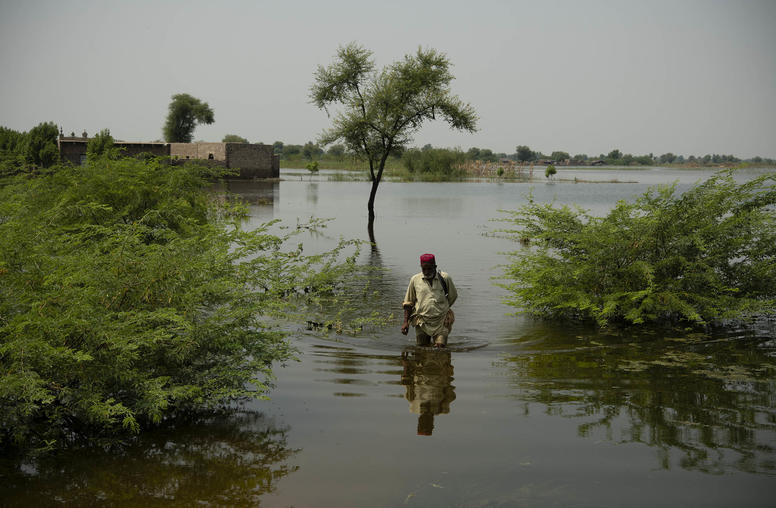
Pakistan’s Roadmap for COP27: In Search of a Strategic Vision
The international community has gathered this week in Egypt for the U.N. Climate Change Conference (COP27) and will be discussing a range of issues including loss and damage, climate finance, adaptation, and mitigation over the next two weeks. This year’s COP27 is being held in the aftermath of Pakistan’s disastrous summer floods, which led to the announcement that Pakistan’s Prime Minster Shahbaz Sharif will serve as vice-chair of the summit.
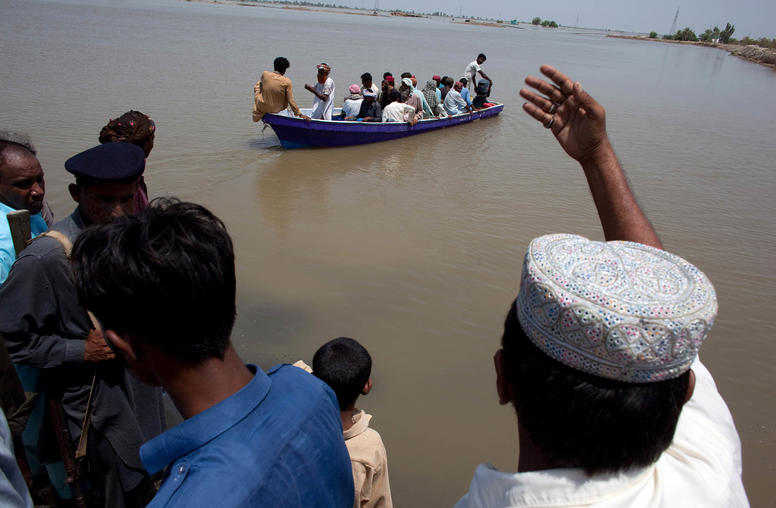
Pakistan’s Climate Challenges Pose a National Security Emergency
Pakistan is in the midst of a terrible heatwave, with the temperatures in parts of the country exceeding 120 F. April was the hottest month in the past 61 years, until May came along and saw warmer temperatures. At least 65 people have reportedly died due to the heatwave, but the actual numbers are certainly higher, and it’s caused massive flooding and infrastructure damage in Gilgit-Baltistan, water shortages in Karachi and broader Sindh province, and placed greater demands on the country’s weak electrical grid. Despite monsoon rains beginning in late June — causing at least 77 deaths — many parts of the country still swelter. Pakistan should treat these climate disasters as a full-fledged national security emergency before they stoke conflict that adds further stress amid the country’s other numerous challenges.
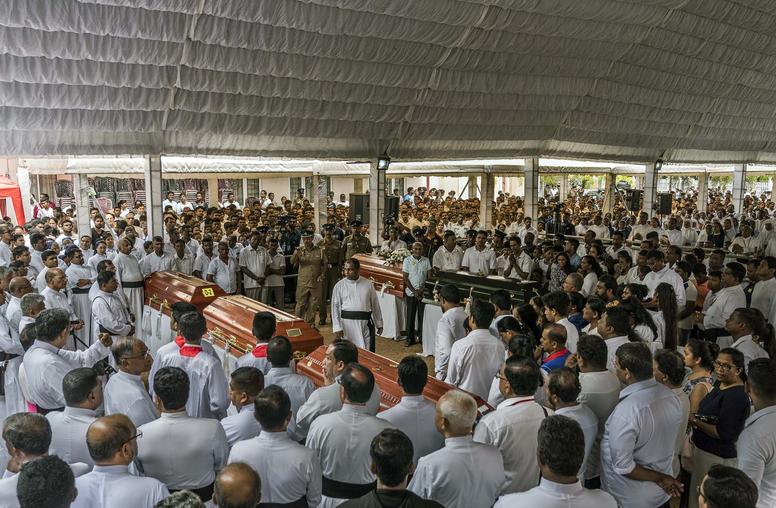
Two Years After Easter Attacks, Sri Lanka’s Muslims Face Backlash
Two years after the Easter Sunday attacks that left 269 dead and injured more than 500, Sri Lanka’s Christian community is still waiting for justice while its Muslim community is reeling from the backlash that followed the bombings. Recent government restrictions targeting Muslims have exacerbated religious tensions in the South Asian nation and risk alienating large portions of the community.
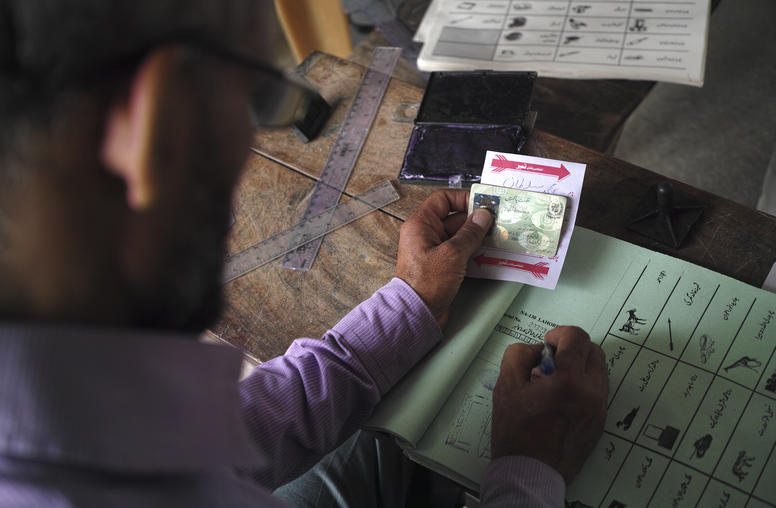
Despite Violence, Pakistan’s Elections Steadily Improve
Governed under military rule for long periods of its history, Pakistan’s July 25 general elections marked the second time a democratically elected, civilian government completed its five-year constitutional term, as per the 1973 constitution, and transferred power to a democratically elected successor. For Pakistan, the goal is...